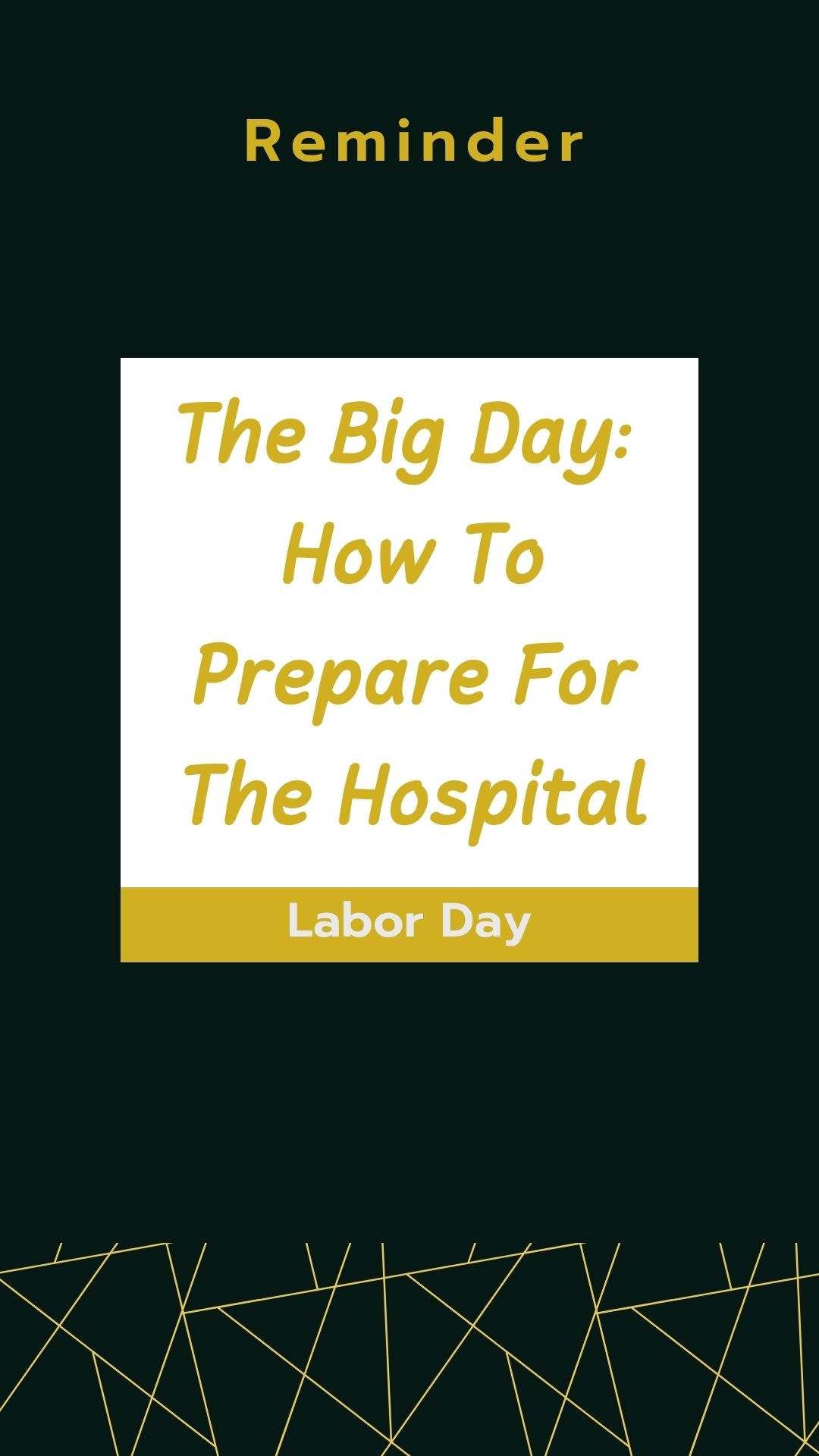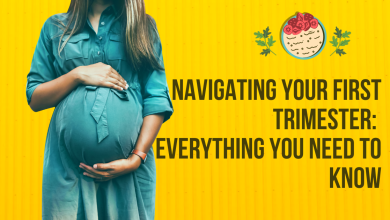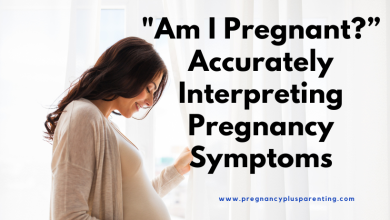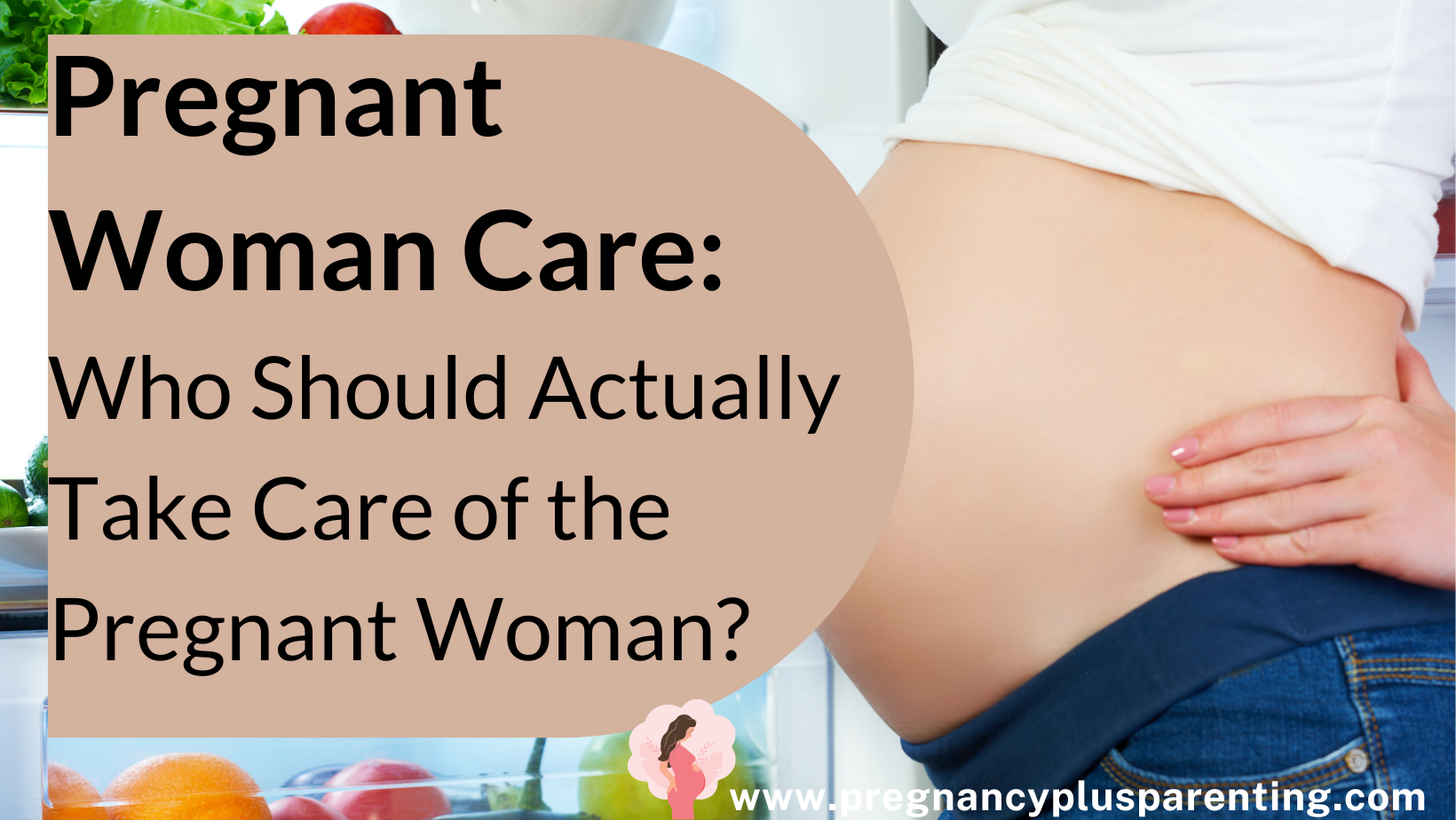The Big Day: How To Prepare For The Hospital
The big day is finally here! You’re going to be a mom or dad. And suddenly the world starts spinning even faster.
Of course, your mind is racing, and suddenly everything’s happening at once. Where are the car keys? Who do I need to call? And where is the suitcase?
Yes, the day of birth is a strenuous activity not only for the child and the mother, but for everyone involved. However, with proper preparation, you can approach what is probably the most exciting day of your family life so far with complete peace of mind.
The key to this is that you ‘re ready to go as soon as labor begins . We’ll explain everything you need to consider, pack, and prepare.

The hospital bag
Pack your hospital bag a week or two before your due date. It’s important that it’s readily available and can be loaded into the car.
This must be included:
- Clean underwear and socks for at least four days. (For him and her)
- Comfortable clothes for the first few days in the hospital (for him and her). Look for tops that are suitable for breastfeeding .
- Additionally, clean spare tops for the family visit after the birth .
- Toothbrushes, toothpaste and hygiene products.
- Snacks like granola bars, as fathers tend not to eat anything, especially on the day of the birth – which can cause problems in the delivery room.
- Charging cable for all technical devices (mobile phone, Kindle, Bluetooth speaker, etc.).
- Possibly reading material – although your little darling will provide plenty of entertainment!
- If necessary: Medications that must be taken in the context of chronic illnesses such as blood pressure lowering medication or insulin.
- Smaller health items such as creams and balms.
You can find our comprehensive birth checklist here:
Checklist – What you need for the birth!
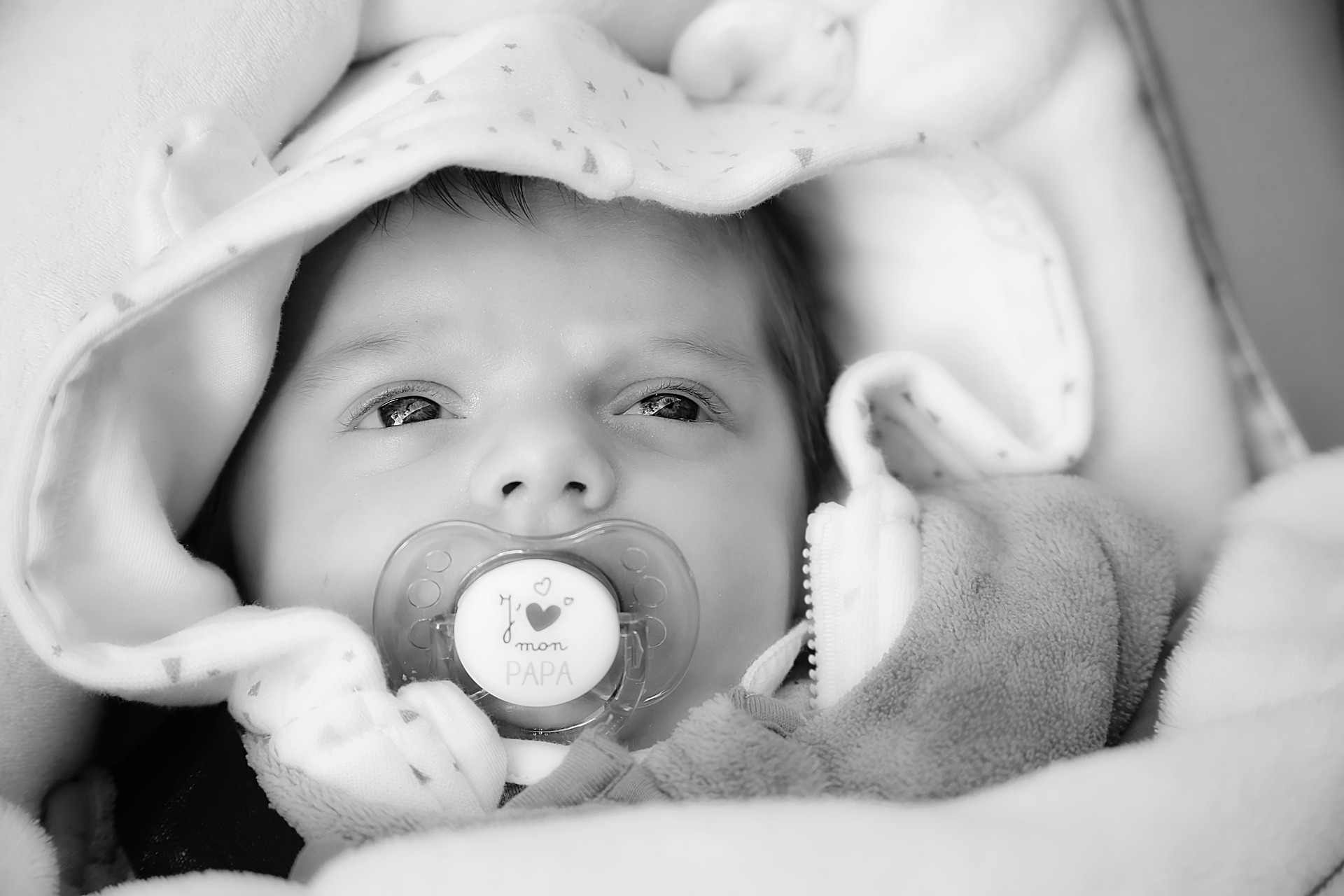
The car
Not only is the right attire important for the big day, but it’s also crucial that you and your family arrive at the hospital safely. So prepare your car accordingly for a quick trip to the hospital.
So, in the days leading up to your due date, it’s better to visit the gas station once too often than once too few. Also, keep a set of towels in your car, as well as still mineral water.
Also, drive the route to the hospital at different times of the day and days of the week so that you can get a feel for how long it will take you to get there.
To ensure your little one gets home safely after the hospital visit, a suitable and safe infant car seat is essential and should be part of your initial equipment . We recommend that you familiarize yourself with the purchase, installation, and seating position beforehand to ensure your baby’s safety.
No stress: children’s room and home
Many mothers are particularly struck by the nesting instinct shortly before the birth. This is when scrubbing, polishing, and buffing are a must. The future nursery, in particular, becomes the center of attention.
However, you should still treat yourself to a few quiet days and just put your feet up. After all, the coming years will be stressful enough.
Furthermore, no child sleeps alone in their own room for the first few months, or even years. Methods like Ferberization, which involves letting children cry themselves to sleep , are now extremely controversial and are considered by many experts to be torture, undermining children’s fundamental trust in their parents.
The fact is, even if it feels urgent, the nursery doesn’t have to be ready on the day of the birth. However, if you can do it in time, you can be doubly happy because you can cross another item off the list.
Vacation planning and parental leave
Births, with the exception of cesarean sections, are unpredictable. This also makes vacation planning difficult, especially for fathers. Especially in jobs with limited flexibility, a sudden vacation block of several weeks is often impossible.
Therefore, plan your vacation well in advance and create gaps in your calendar around your due date. Even if you don’t believe it, colleagues are often very helpful if you just ask nicely. However, spontaneity in the sense of “can you step in tomorrow?” is counterproductive. So start planning well in advance.
The same applies to parental leave . As a couple, discuss how you want to use the parental leave granted to you in good time. There are various models, each with its own advantages and disadvantages. Families often opt for the 14-month model, which guarantees the mother 12 months of parental leave and the father two months.
During this time, you’ll receive a good 65 to 70 percent of your last average salary. So, consider the family account when discussing possible periods.
While parental leave can be interrupted spontaneously and resumed later, this involves a significant amount of bureaucracy. If the very strict regulations are violated, the office often demands the full amount of parental allowance paid back. So, pay meticulous attention to your documents in this regard.
The most important thing when preparing: stay calm!
On the big day, things may feel overwhelming. So prepare well. But don’t forget that this moment will never come again.
So, enjoy your little one’s first big appearance on this earth. After all, you’ll want to tell your child about this moment someday, and you’ll always associate it with wonderful memories.
Giving birth is a routine for the hospital’s experts, and you’re in good hands. So relax and soak up the impressions of this day.
And of course: congratulations !
